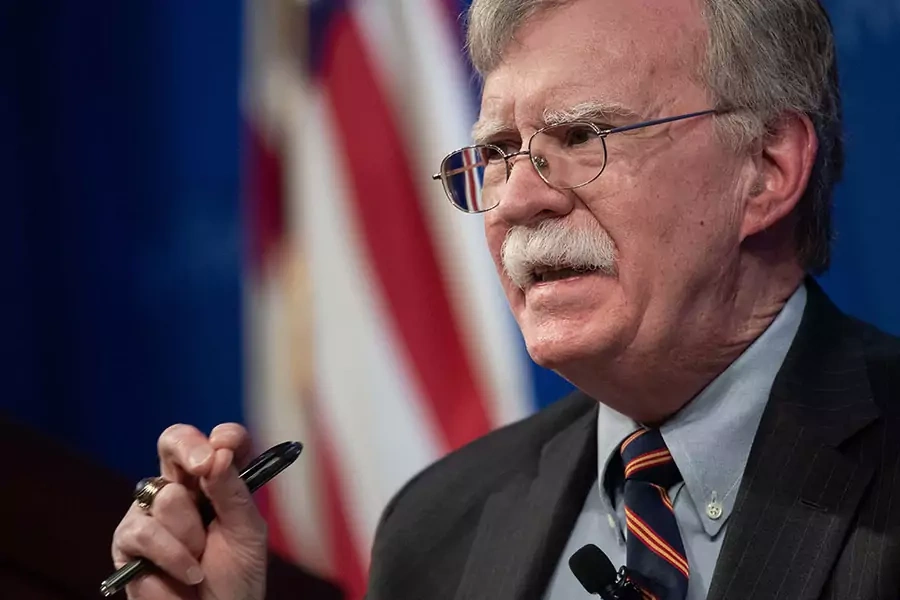Trump’s Africa Strategy Creates U.S. Business Opportunities in Africa

Michael Clyne is political partner of the Truman National Security Project.
The Trump Administration’s recent announcement of its Africa strategy offers renewed opportunities for the development of closer economic ties between the United States and Africa. In a December speech, National Security Adviser John Bolton outlined a set of business-driven initiatives, which he called “Prosper Africa.”
More on:
President Barak Obama also favored a business-first trajectory for Africa over the bilateral development assistance policies generally championed before him. Though repositioned under the “Make American Great Again” banner, President Trump’s Africa strategy continues to push the business case of developing African markets.
The principal difference is a much greater emphasis on competition with China’s economic activity on the continent. The rise in Chinese interest and foreign direct investment (FDI) in Africa was punctuated by China surpassing the United States and becoming the continent’s largest trading partner in 2009 [PDF]. Throughout its rise, China has faced criticism that its projects strain public debt, import foreign labor, and exploit national workers, which Bolton described as “predatory.” Recent multilateral investment mechanisms, like its Africa Growing Together Fund, have also introduced China as a development financer, similar to the China-developed Asian Infrastructure Investment Bank. To this end, the Trump Administration has introduced a more modern U.S. investment institution for the continent in the Development Finance Institution, intended to replace the Overseas Private Investment Corporation.
Globally, international business is already viewing Africa as the world’s largest emerging market, and in 2011, the value of FDI to sub-Saharan Africa surpassed [PDF] bilateral development assistance. By 2020, African consumers are forecast to contribute five times more to economic growth than the natural resource sector, a sign that the continent is beginning to overcome the “resource curse,” wherein growth was often tied to fluctuations in the price of commodities. Hence, as President Trump has observed, there are significant opportunities for American businesses in Africa’s emerging markets.
Improved U.S.-Africa commercial relations could also advance the administration’s diplomatic goals, including reforming multilateral peacekeeping operations, namely UN missions which the Trump administration believes lack accountability. Furthermore, Africa, where half of UN peacekeeping missions are based, represents one-quarter of votes in the UN General Assembly (UNGA). For the Trump administration intent on aligning member states with its UNGA voting interests, improved U.S.-Africa relations could help tilt the body’s balance. As Rosa Whitaker, former assistant U.S. trade representative for Africa, observed, the continent is the “global swing vote” of the twenty-first century.
Hence, the Trump administration’s outline emphasizing the economic underpinnings of the U.S.-Africa relationship is to be welcomed, provided that initiatives like Prosper Africa lead to concrete policy and are properly resourced. In turn, it is to be hoped that American business will take advantage of African opportunities with the administration’s support.
More on:
 Online Store
Online Store